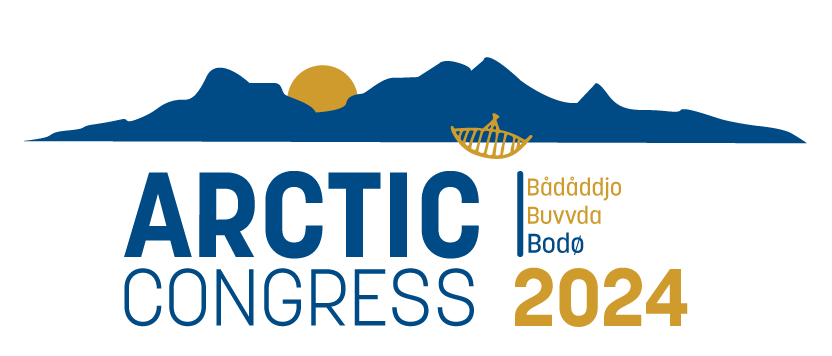What?
UArctic Congress 2024 + the High North Dialogue 2024 + International Congress of Arctic Social Sciences (ICASS XI)
When?
29 May – 3 June 2024
Where?
Stormen Concert Hall and various locations in the city Centre of Bodø, Norway
Who?
Organised in collaboration between UArctic, IASSA and High North Center, and hosted by Nord University and Nordland Research Institute.
Congress’ themes
-
Global climate change is affecting the livelihoods, settlement patterns and living conditions for people living in the Arctic, often in new and different ways. Developing resilient, diverse, equal and inclusive Arctic communities and thriving culture and creative industries are of vital importance for the sense of community in the Arctic, making the region a more attractive and sustainable place to live, for everyone.
Key topics are public health, living conditions, digital health solutions, mental health and health preparedness in the Arctic, cultural diversity and gender equality. Related topics include engaging with young people and Indigenous Peoples to strengthen community development and collaboration.
-
The rich natural resources of the Arctic are already playing a role in economic development and supporting dynamic communities. At the same time, the region has considerable potential for economic development in connection with the green transition, because there are deposits of many of the minerals that will be needed to make the transition. However, it is vital to use resources sustainably and make sure that they are not exploited at the expense of traditional communities or in a way that has negative impacts on biodiversity.
Key topics are sustainable economic development as an essential basis for social development in the Arctic, how nature and traditional land use can be safeguarded during the green transition, the blue economy, and sustainable shipping. Related topics include local food culture, food systems, and the traditional knowledge of indigenous peoples.
-
Climate change is particularly rapid in the Arctic. Climate change is clearly the most serious threat to Arctic biodiversity and the well-being of people and communities. These changes are caused by external processes and have impacts at a global level. Action to limit greenhouse gas emissions globally, therefore, is the most important way of safeguarding the Arctic environment. At the same time, climate change is creating major shared challenges for the Arctic states. These must be addressed both by acquiring up-to-date information on the changes that are occurring and by taking steps to limit their adverse environmental and social impacts.
Key topics are the impacts of climate change on Arctic environments and biodiversity, the need to adapt the management regime to climate change, and action to deal with the environmental problems associated with expanding human activity. Related topics include strengthening Arctic cooperation to find long -term solutions and building local adaptation capacity and institutional resilience.
-
A combination of increasing activity, rapid climate change, and loss of sea ice is putting growing pressure on the Arctic marine environment.
Key topics are ocean health and productivity, ensuring sustainable Arctic Ocean industries, reducing marine litter and plastic pollution, enhancing emergency prevention, preparedness and response in the Arctic, and safeguarding sustainable shipping and reducing risks. Additional topics will also include the co-management of natural resources, inclusion of local and indigenous knowledges, and opportunities for young people to live and thrive in the Arctic.



